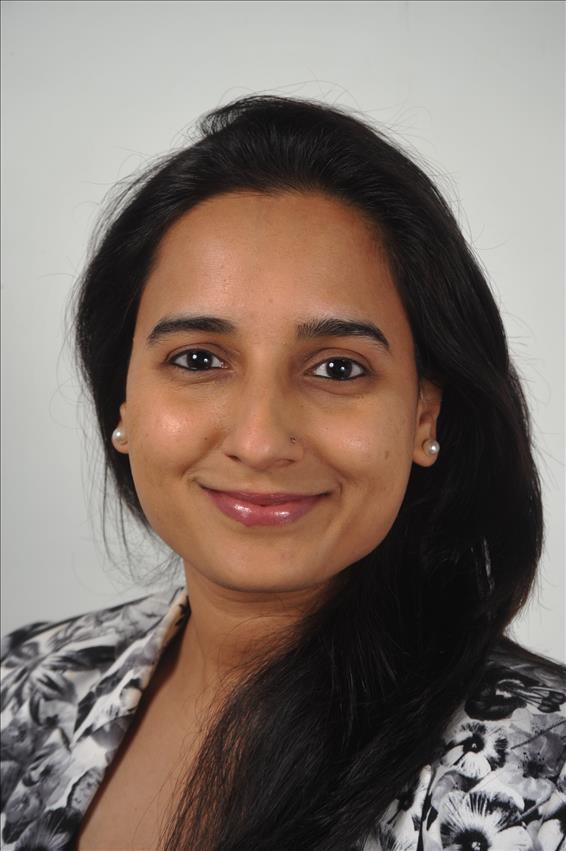 “I will tell the world what we have just accomplished in Fiji. It will be a landmark occasion.”
“I will tell the world what we have just accomplished in Fiji. It will be a landmark occasion.”
These are words of Josaia Voreqe Bainimarama. It was indeed a landmark occasion perhaps because this time it was not just about casting a vote – it was “One vote, One Country”.
When I landed in Fiji on September 15, 2014 to cover the general election, there was already a blackout in force. This was not just a political blackout but also a media and social networking blackout.
As I made my way to the hotel, I observed a very ‘Vanilla City’ of lively roads with vegetable vendors, coconut water stalls, people in their traditional Sulu and bula shirts.
I almost started having second thoughts on what was the big deal about these elections, until I started talking to the people.
Having lived in Fiji earlier and knowing the local language certainly gave me an edge.
Fiji by far has the friendliest people on this planet.
As I spoke to them, I found how much everyone was looking forward to this election.
It was not just a stamp of vote but each of them wanted to write their destiny.
Under a friendly face and some moist eyes even though they didn’t share who they were voting for but they were determined to take Fiji towards prosperity.
Exciting results
The results night was long but very exciting.
With 2028 polling stations across the country, there were about 590,000 registered voters who wanted to write the democratic fate of the nation for the next four years.
Fiji had approximately 400 international media registered to cover the elections. However it was shocking to see during the counting night only a handful of us were bringing live coverage.
As results kept unfolding, a common trend was visible. Mr Bainimarama was emerging as the undisputed hero of the people of Fiji. He alone won just over 200,000 votes and his party’s share was more than 59%. He secured 32 seats out of 50 in the Fijian Parliament.
Elections were supervised by Mohammed Saneem and were observed by a multinational observer group, which said that the election was “enthusiastically embraced by the voters of Fiji who were keen to participate in the democratic process.”
Mr Bainimarama seized control of the Fijian Government through a coup on December 5, 2006. As I wrote this, the same man, elected through popular vote, was representing Fiji at the UN General Assembly in New York, describing his country’s move to democracy.
Mehak Vashist is a Programme Presenter at Radio Tarana based in Auckland. The above, taken from her travel file, carries her personal views and hence not that of her employers or colleagues.






